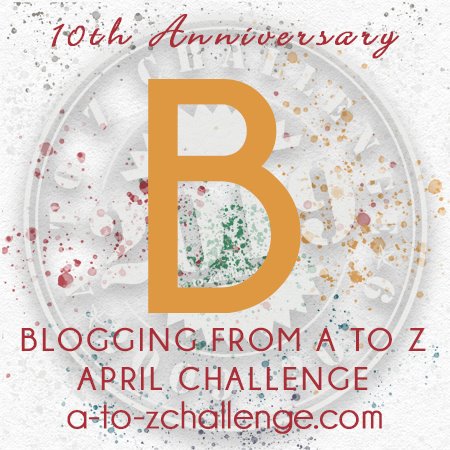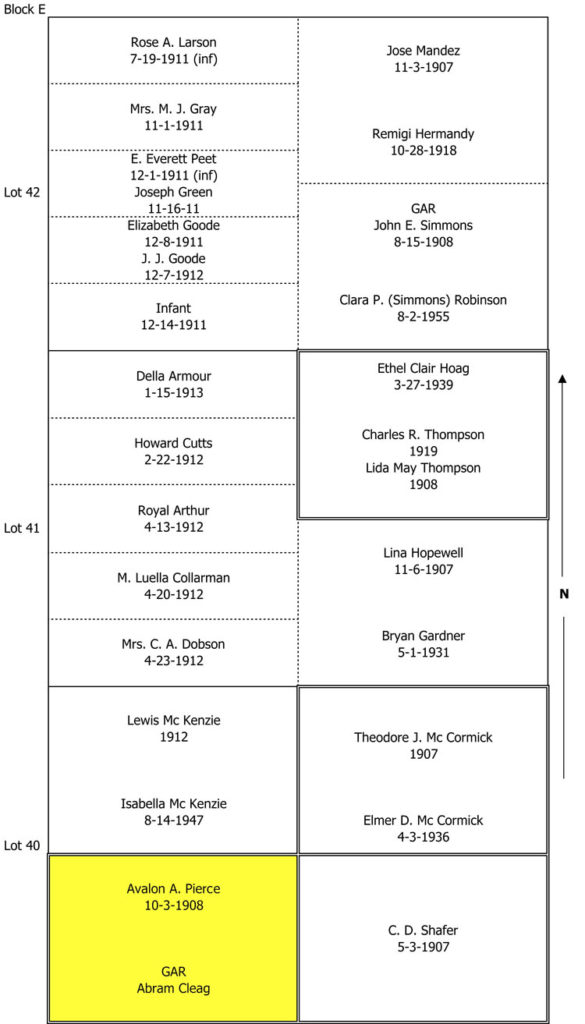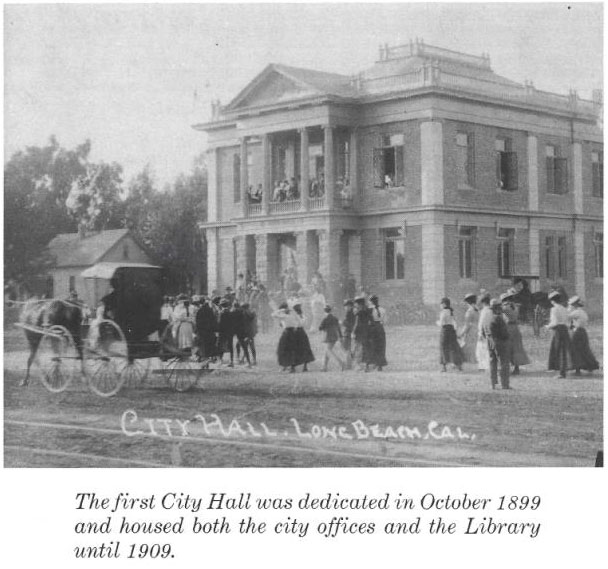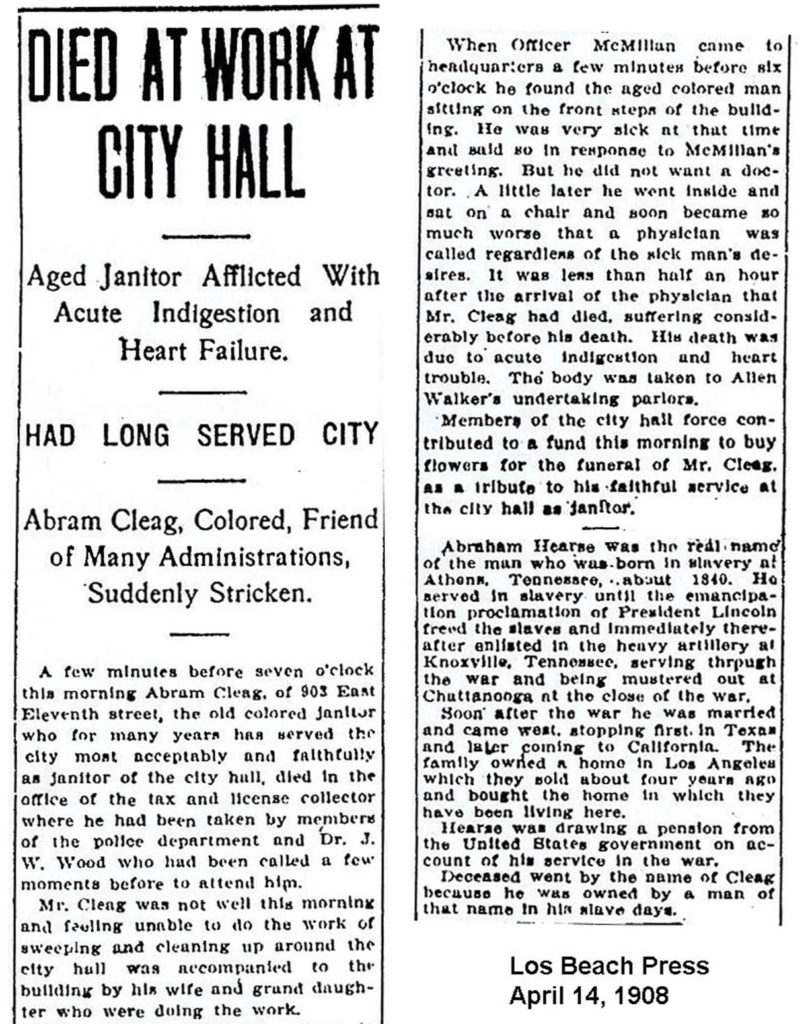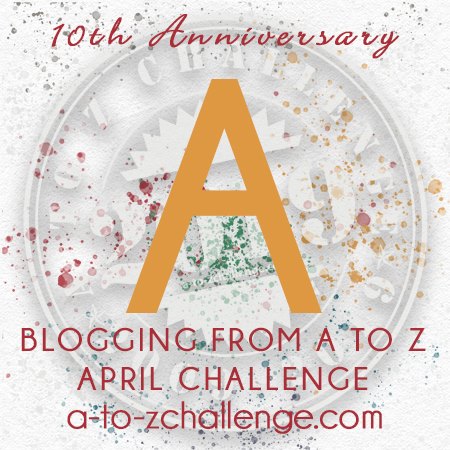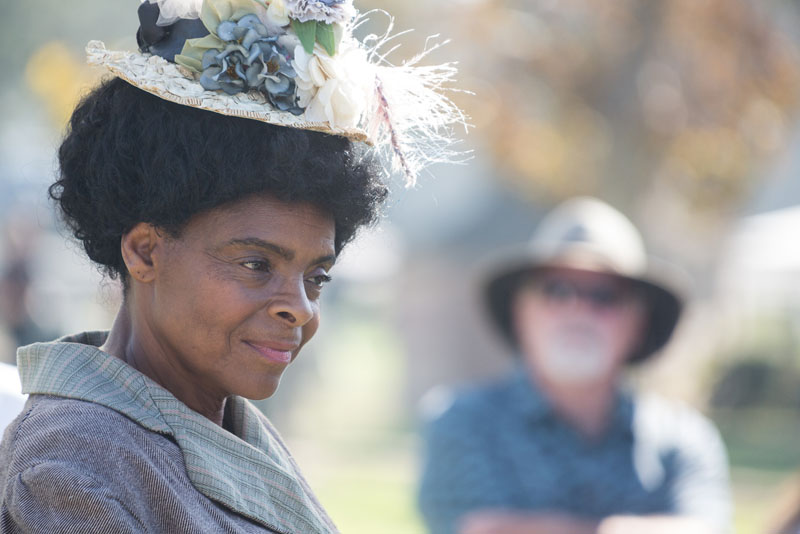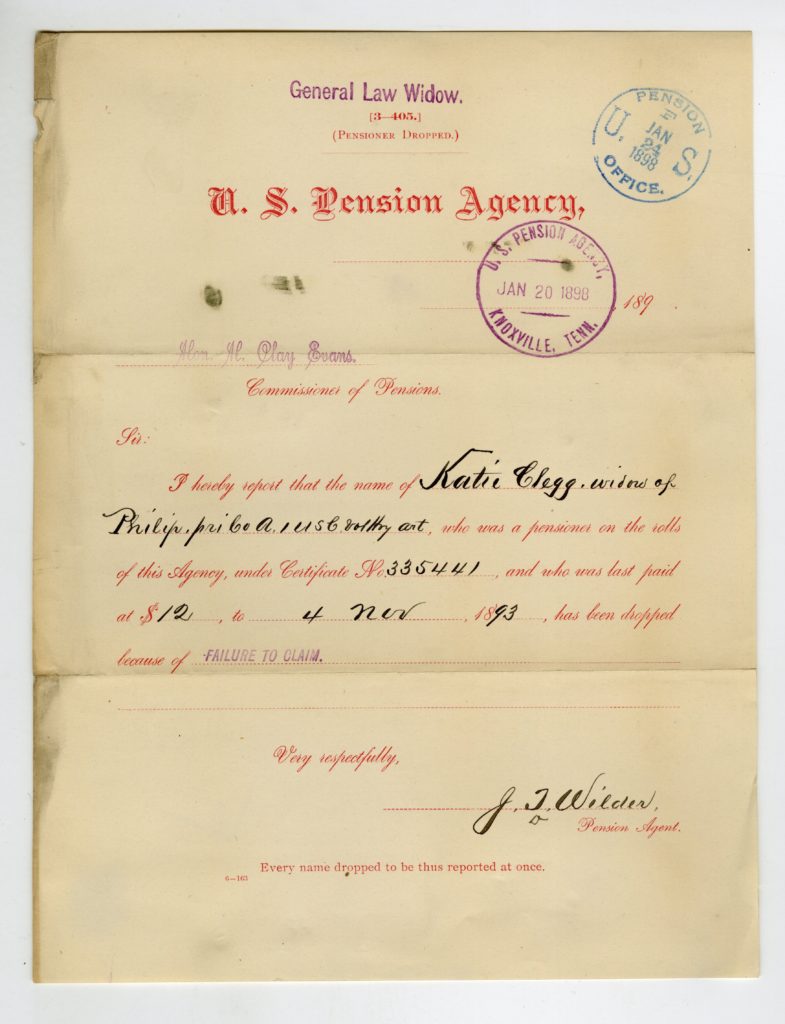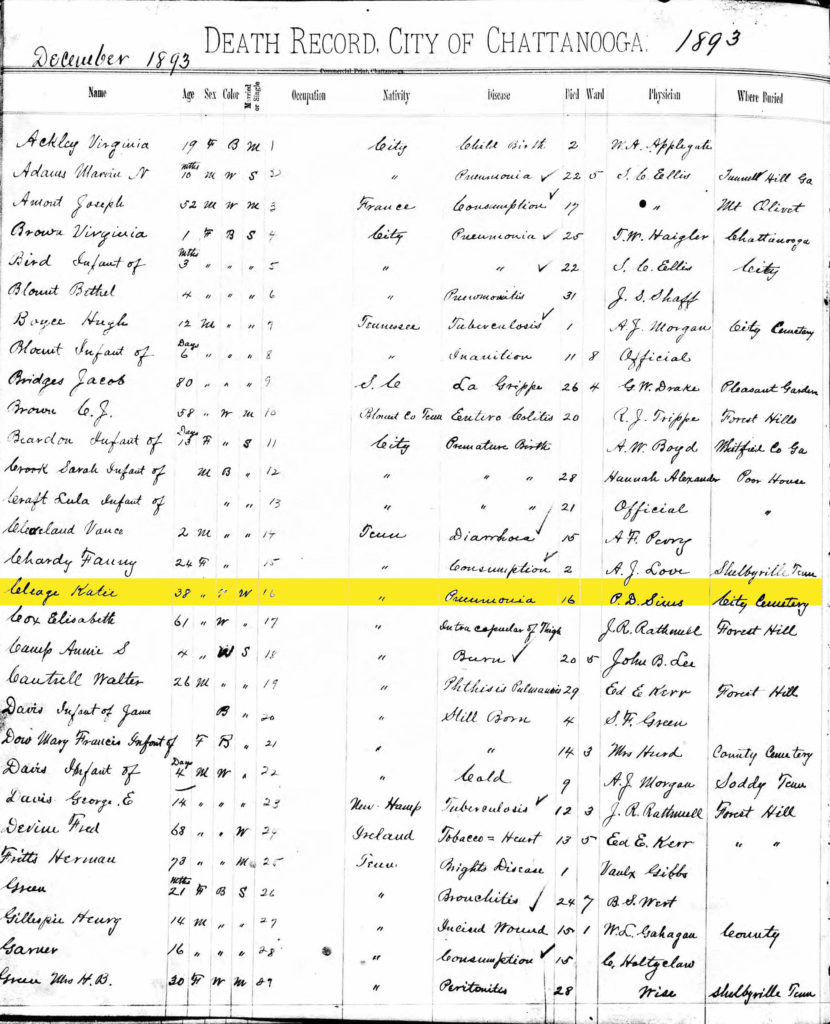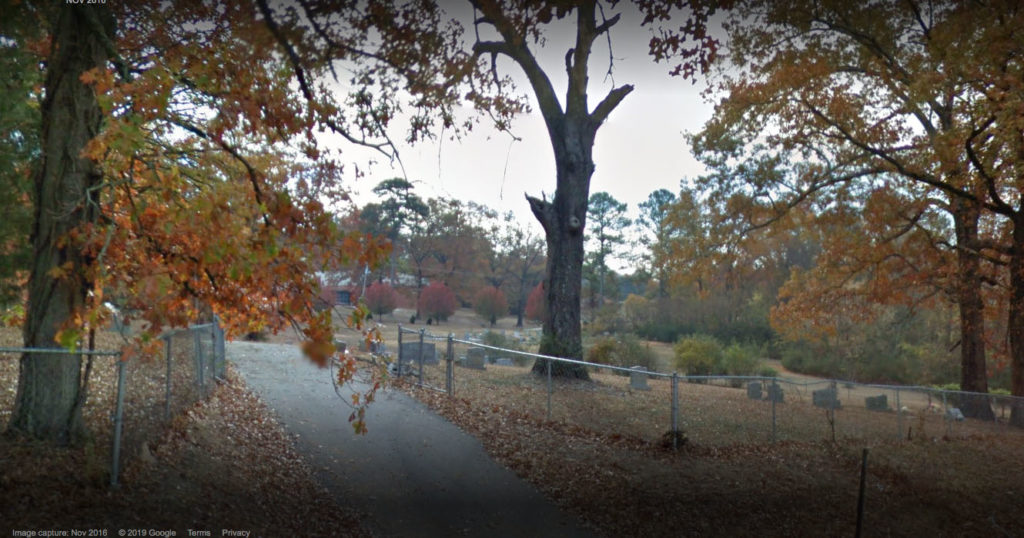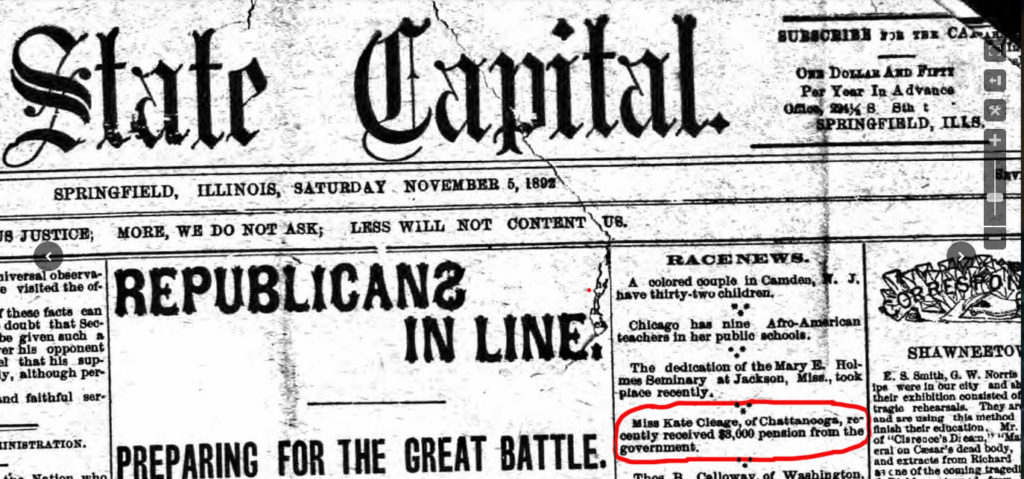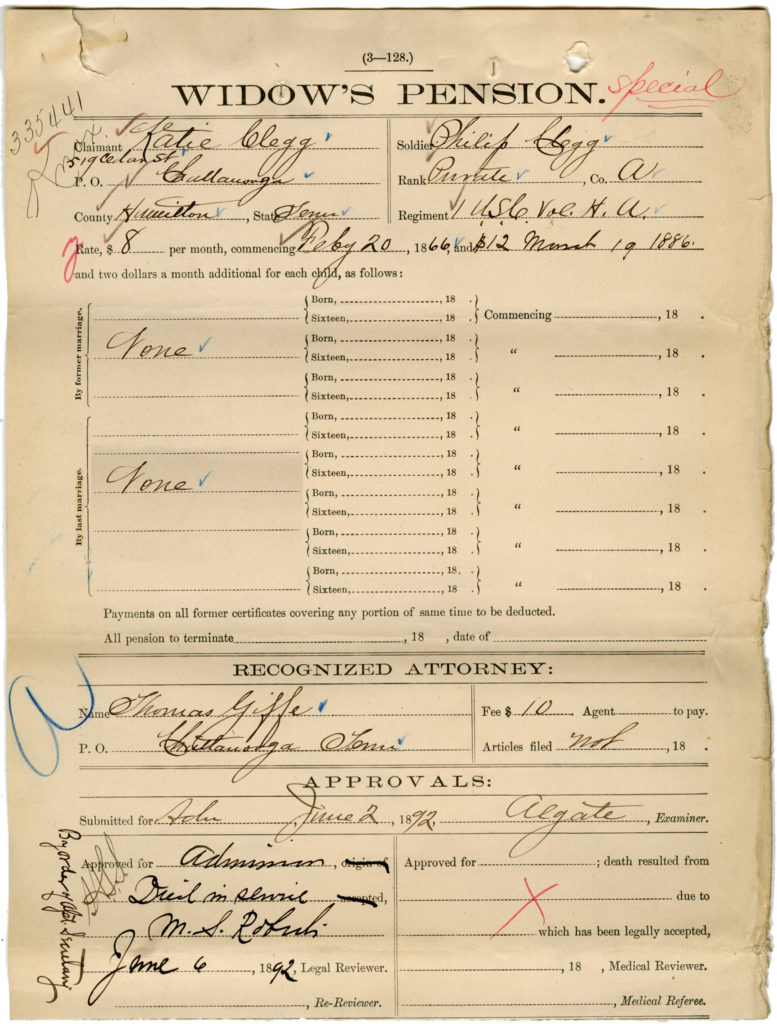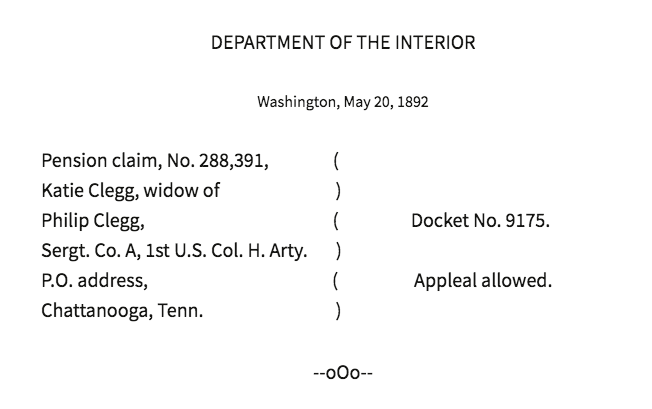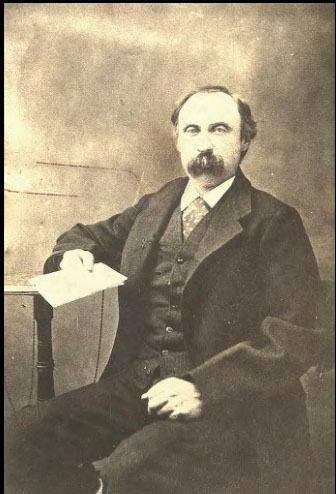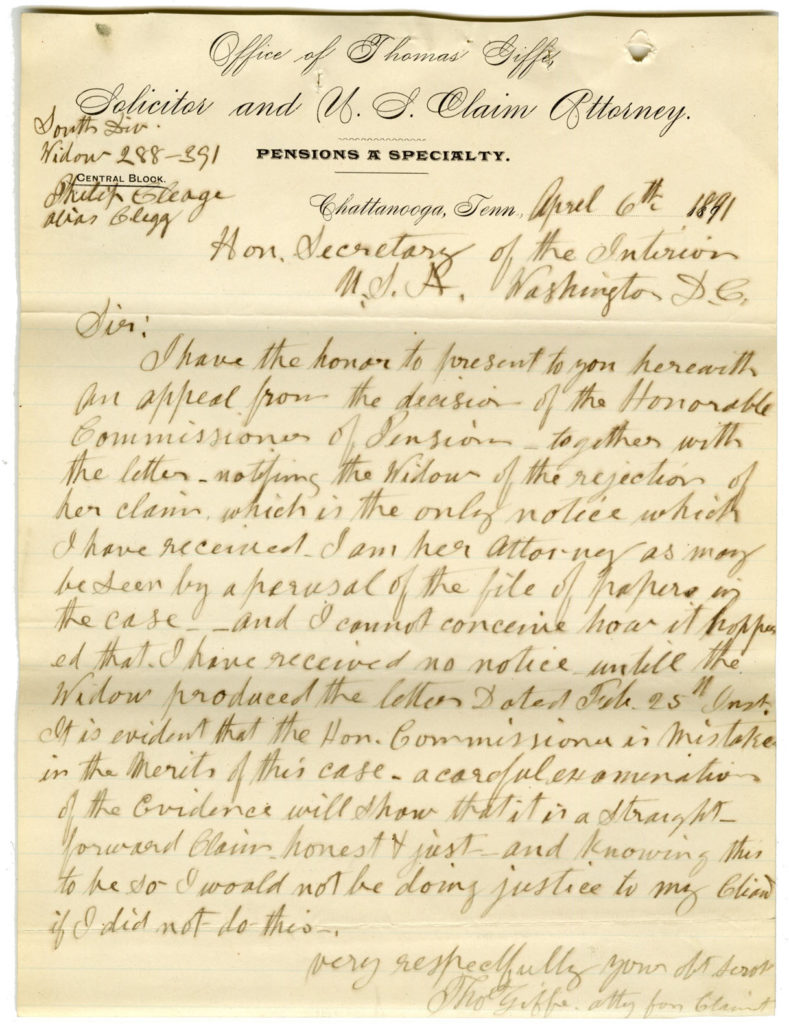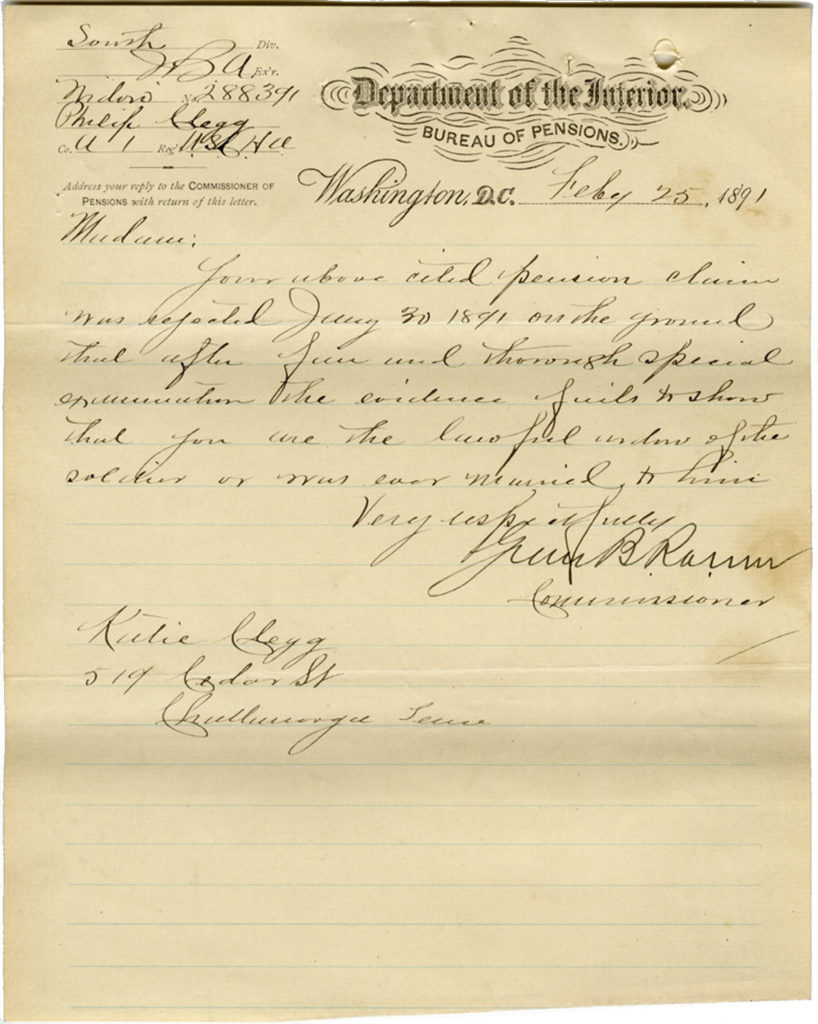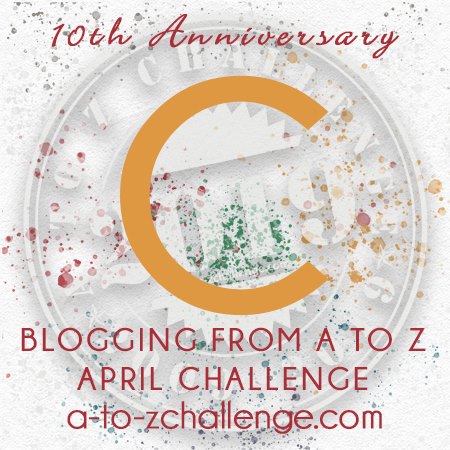
Through the pension files, I have learned that their lives were much richer and more complex than census, death and other records can show. I am using the information from pension files and records that I found through the files for this years challenge.
In 2016 I discovered Thomas Allen, a previously unknown by me, uncle of my grandmother Pearl Cleage. Thomas Allen served in the United States Colored Troops. I used his pension file as the basis for my 2017 A – Z. This year I ordered the files of the Cleage men who served in Co. A, 1st Regiment, United States Colored Heavy Artillery (USCHA), during the Civil War.
This is my 7th year participating in the A to Z Challenge. In the 2015 challenge, I wrote about the Cleages formerly enslaved on the plantations of Samuel and his sons Alexander and David Cleage of Athens, McMinn County, Tennessee. Most of the people in these posts are not related to me by blood or DNA, however my ancestors were enslaved on the same plantations.
You can read the 2015 post about Charles A. and Martha Cleage at this linkCharles A. Cleage.
********
Deposition D
26 August 1890
Athens, McMinn, Tennessee
Charles A. Cleage.
My age is 73 years. Occupation farmer. P.O. address Athens, McMinn Co. Tenn. I was a private in Co. “A” 1 U.S.C.H.A. Enlisted in February 1864 at Knoxville and was mustered out with Company at Chattanooga, Tenn, March 31, 1866. I was a sound man when I enlisted. Had never had any severe sickness before I enlisted. Never had rheumatism or palpitation of heart or shortness of breath before that event.
I claim pension on account of palpitations of heart, contracted in service and line of duty at Roane Creek Gap in Upper Tennessee after we got the news of the surrender of Richmond Va. In the Spring of 1865. I had no sign of the disease before that time. Had never attended sick call but one time before that date. Attended sick call one time at Knoxville Tenn. on account of diarrhea. Had recovered from diarrhea before the attack of palpitation of heart. I had the diarrhea for which I attended sick call in the Spring following my enlistment.
I was attacked with palpitations of heart under the following circumstances. Our regiment, with a number of white troops under General Stoneman (I think) were going to North Carolina. When encamped at or about, Roane Creek Gap, we heard of the capture of Richmond by the Federal Forces, and the artillery were ordered to fire salute in honor of the event. I was on guard duty on post, about from 50 to 75 yards from where the artillery fired the salute. I think there were twelve pieces of horse artillery in line, I don’t know how many rounds were fired. The first round was fired unexpectedly to me, and I was shocked to such an extent as to cause bleeding at the nose, a heavy roaring in my right ear and giddiness that has followed me ever since.
When the relief guard came, I was excused from further duty for the time and sent to my camp. I was not placed in hospital. We had no hospital at Roane Creek Gap. We only remained there about three days after hearing of the surrender of Richmond. We then came back to Greenville Tenn, remained there about a month and then went on to Ashville N.C. and again came back to Greenville. I remained with the Co. all that time. Marched with the Co. to Ashville and between, I was never in hospital while I was in the service, we were at Chattanooga from September 1865 till mustered out in March 1866.
I had an attack of palpitation of the heart a few days after the shock from the Artillary salute occurred. I had the palpitations of heart at Chattanooga Tenn, at times and was put on light-duty on account of it. I did not attend sick call at Chattanooga but Lieut Harrod of my Co. gave me a prescription to get some pills at a store in Chattanooga. Yes Sir, he knew I had palpitations of the heart, knew it because I told him of it. He and the captain ordered me to be put on light duty. When I was discharged I was troubled with shortness of breath and giddiness of head. The first noted attack of palpitations of heart, that I had after my discharge was in the summer following that event.
Yes sir, I had an attack of acute disease after my discharge. Before that attack of palpitation of heart, I had the small pox here at Athens, Tenn in May following discharge. I was working at carpentering when I was taken with small pox. Was working for James Turner (deceased) Don’t know how I contracted small pox, had not been about where small pox was since my discharge. Yes I had a pretty severe attack of small pox, think I was in bed about six weeks with it.
Can’t say just how long it was after the small pox before I had an attack of palpitation of the heart, but it was in harvest time that summer. I went out to do some mowing, when the palpitations came on and I had to quit. The attacks have gradually grown more frequent. I want it understood that I had palpitations of heart while I was in the service as stated, but did not have an attack after discharge until after I had the small pox. I don’t know that any persons, or commands engaged in firing the salute on the fall of Richmond, but the horse artillery. Our regiment carried muskets at the time. We did not join in the firing. I think it was generally known in the Co. that I had palpitations of the heart after that salute was fired.
Yes, I had some pains in my shoulders and arms while in service, and also had pains in my knees when we had hard marching. Don’t know whether the pains were caused by rheumatism, I have these pains more or less ever since. I have never been able to do a full days work since I was discharged. Was partially disabled before I had small pox. Can’t say how much I was disabled before that time, but by the way I felt when at work, I think I was fully one fourth disabled for purposes of manual labor before the time I had small pox.
Yes, I have heard you read over the depositions of James Hurst, Thomas Bradford, Nelson Cate, Amos Jackson, Thomas Lillard, Catherine D.Keith, Charles F. Keith, and Mrs Martha M. Cleage. Don’t wish to introduce any other witnesses. I wish to be notified if the claim is further examined elsewhere. A.W. Bellew of Lily Band Ga. Is my Atty. I made no contract or agreement as to fee with him. Have paid him nothing, I have no complaint to make, as to conduct, manner of fairness of the examination of my claim. I understood your questions. My answers are correctly recorded in this deposition.
Charles A. (his X mark) Cleage Deponent
Attest Joseph Matthews
************

